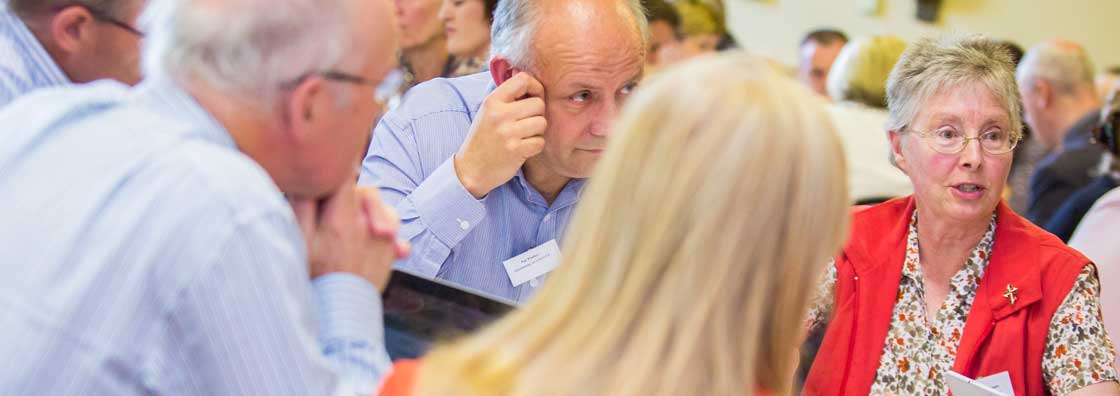This course supports CFSP/CSDP decision makers and practitioners to design and implement comprehensive responses to prevent conflict and effectively manage crisis situations.
The aim of the course is to-
- deepen participants understanding of the nature of complex conflicts, to provide them with the critical skills to effectively analyse a conflict and to identify and assess realistic responses.
It provides CFSP/CSDP personnel working in crisis situations with the necessary conceptual frameworks and analytical skills to respond and develop comprehensive approaches to conflict prevention and crisis management.
The course is practitioner focused and highly interactive with a focus on the development of credible analytical skills in order to improve the quality and impact of interventions.
-
Participants demonstrate capacity to apply the CA frameworks and tools to real world scenarios
-
Participants successfully complete the simulation exercise in the required time
-
Participants work collaboratively in multi-agency and multinational teams to complete assignments
Course delivery
The programme will be delivered by staff from Maynooth University’s Kennedy Institute for Conflict Intervention and guest lecturers from the EU EEAS,
Kennedy Institute contributors include -
Sean Mc Gearty has extensive experience in peacemaking as a practitioner, trainer and mediator who has worked in Afghanistan, Liberia, Nigeria and Northern Ireland. He has expertise in conflict analysis, mediation and the evaluation of peace-building interventions. From 2010 to 2014 he led a peace-building programme in Afghanistan for the Irish based Glencree Centre for Peace and Reconciliation. He has worked on a range of conflict intervention programmes with the UNDP, the EU Programme for Peace and Reconciliation in Northern Ireland, Search for Common Ground and Conciliation Resources.
Patty Abozaglo has a long track record in international development and peacebuilding work globally, with emphasis on Colombia and the East Africa Region. In Peru, her home country, she worked as a human rights lawyer and trainer. Led the Colombia Programme for Trócaire. Peacebuilding advisor for the organisation and author of Trócaire's Conflict Sensitivity Toolkit for Staff which focuses Conflict Analysis in conflict and development interventions. Since 2013, she has led the Peace and Wellness Project in Colombia and Peru, which addresses the impact of trauma in communities affected by violent conflict.
- The course is open to both civilian and military personnel from the EEAS, EU‐member States, EU Institutions and Agencies, candidate states and selected third countrie who are each invited to nominate participants. The Department for Peacekeeping Operations of the United Nations is also invited to nominate participants.
- The language of the Course will be English.
- Attendance of the course is mandatory on all days. A certificate will be awarded to those course participants who have completed the full course, including the IDL phase.
- All costs for travelling, accommodation and catering shall be covered by the sending authorities.
- Applications are to be filed via the ESDC secure internet system ENLIST (https://esdc-enlist.consilium.europa.eu ) by designated nominators, no later than 28 March
- Registration will not be final until confirmed by the ESDC Secretariat AND upon completion of the registration form by the nominated participant.
- The course venue for the week will be EEAS Building (9A, Rond Point Schuman, Brussels), room LOI 02/372. (The nearest metro stop is « Schuman ». To access the building, an ID card or passport will be requested.) Each day participants assemble at the entrance of the building at 08.45 at the latest.
- A reception will be held on Wednesday evening (26 April).
- The Course will start on 03 April with the online (e-learning) phase.


